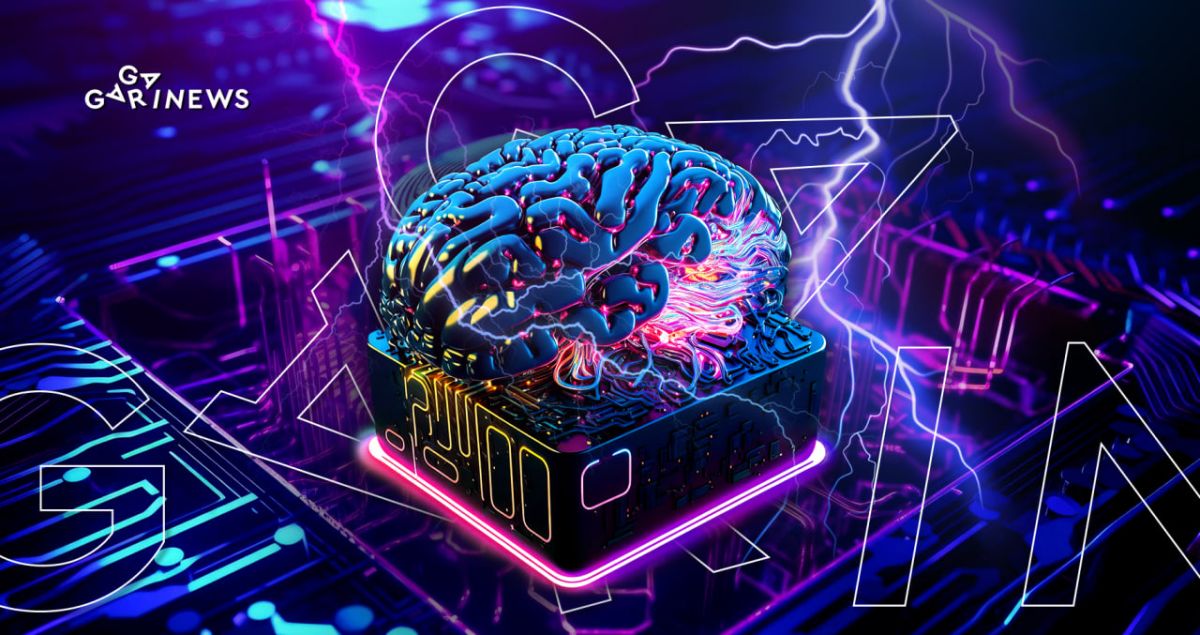Artificial Intelligence: Why Are People Worried?

According to a Reuters/Ipsos survey, a majority of Americans (61%) view the swift advancement of artificial intelligence as a threat to humanity’s future. Only 22% disagreed with this perspective.
On this page
Indeed, this perception of modern technologies is quite natural, given the notable achievements spanning from virtual assistants to autonomous vehicles. Although current AI models serve primarily as supplementary tools for humans, their impressive capabilities are causing concern. The principal fears, which are grounded in reality, include:
1. Lack of сontrol
It's fair to acknowledge that many are largely unaware of the level of autonomy in artificial intelligence models. Given the rapid advancement of these systems, there's growing apprehension about AI's ability to make independent decisions, potentially leading to catastrophic outcomes. While developers certainly implement certain constraints, there's no absolute guarantee that a bot won't breach them.
2. Ethics and copyright issues
The training process for AI algorithms involves analyzing vast amounts of data collected from the internet. This implies that AI could inadvertently infringe copyright laws or utilize biased data. In such scenarios, it becomes unclear who should bear responsibility for the violations or substandard outcomes.
3. Economic inequality
Among the most prevalent concerns is the automation of jobs using AI, which could reduce employment opportunities and intensify economic inequality. This issue becomes particularly salient when AI is used for more complex and creative tasks, such as in the film industry.
4. Decreasing social interaction
This particular concern may not be as frequently discussed, but it certainly deserves more attention. The proliferation of chatbots and virtual assistants, known for providing convenience, efficiency, and communication, could have a detrimental effect on social interactions. This could ultimately lead to a loss of emotional connection and communication skills.
5. Reduction in creative potential
This point serves as an extension of the previous one: although artificial intelligence is excellent at processing vast amounts of information and handling technical tasks, it lacks a creative approach, devoid of emotions and intuition. Consequently, the widespread use of automated generation could potentially diminish creativity and variety, impairing the cultivation of professional experience.
Governments around the world need to concentrate their efforts on tackling these issues to safeguard potential users, prevent potential misuse, and reduce the negative impact on humanity. However, it's crucial to strike a balance between regulation and encouraging the advancement of technology that has considerable potential for enhancing the quality of life.
Americans may not realize how pervasive AI already is in their daily lives, both at home and at work
© Ion Stoica, professor at the University of California, Berkeley
The content on The Coinomist is for informational purposes only and should not be interpreted as financial advice. While we strive to provide accurate and up-to-date information, we do not guarantee the accuracy, completeness, or reliability of any content. Neither we accept liability for any errors or omissions in the information provided or for any financial losses incurred as a result of relying on this information. Actions based on this content are at your own risk. Always do your own research and consult a professional. See our Terms, Privacy Policy, and Disclaimers for more details.


























